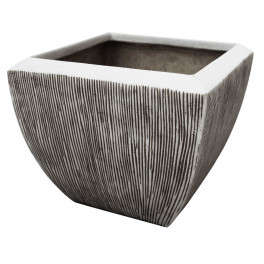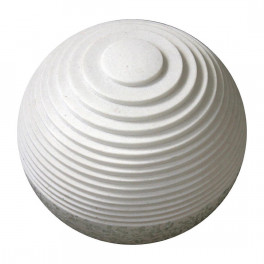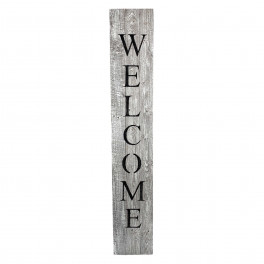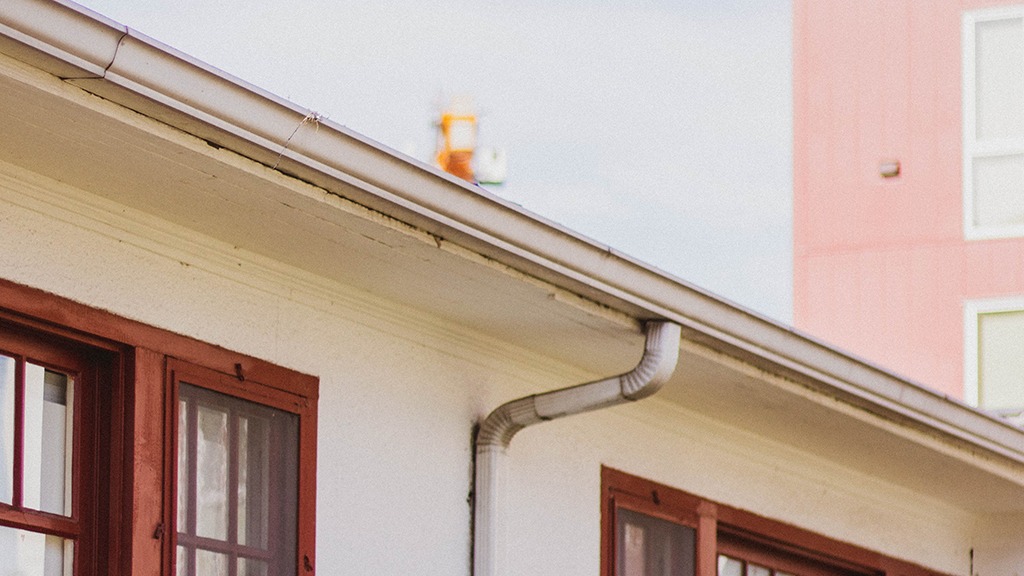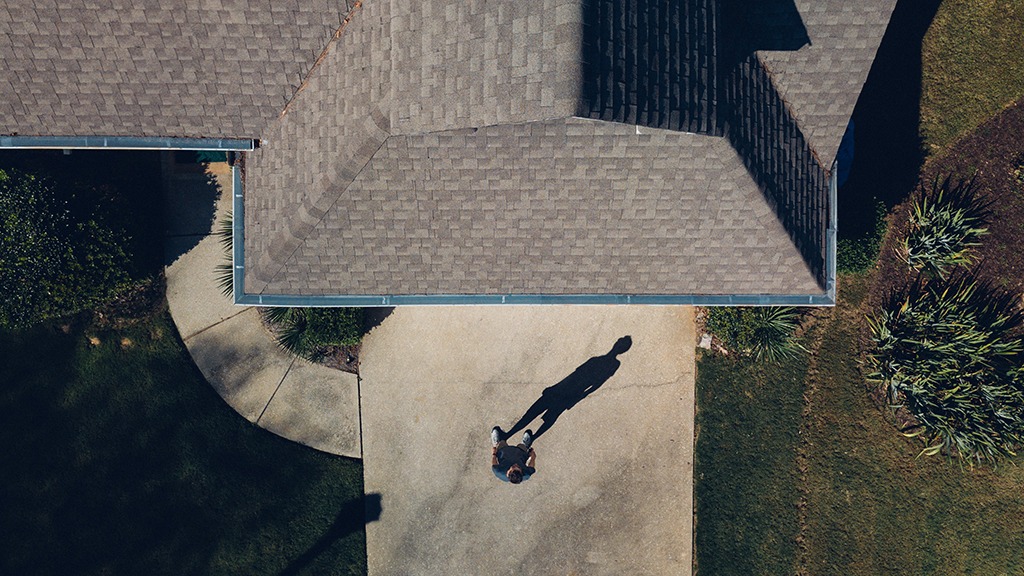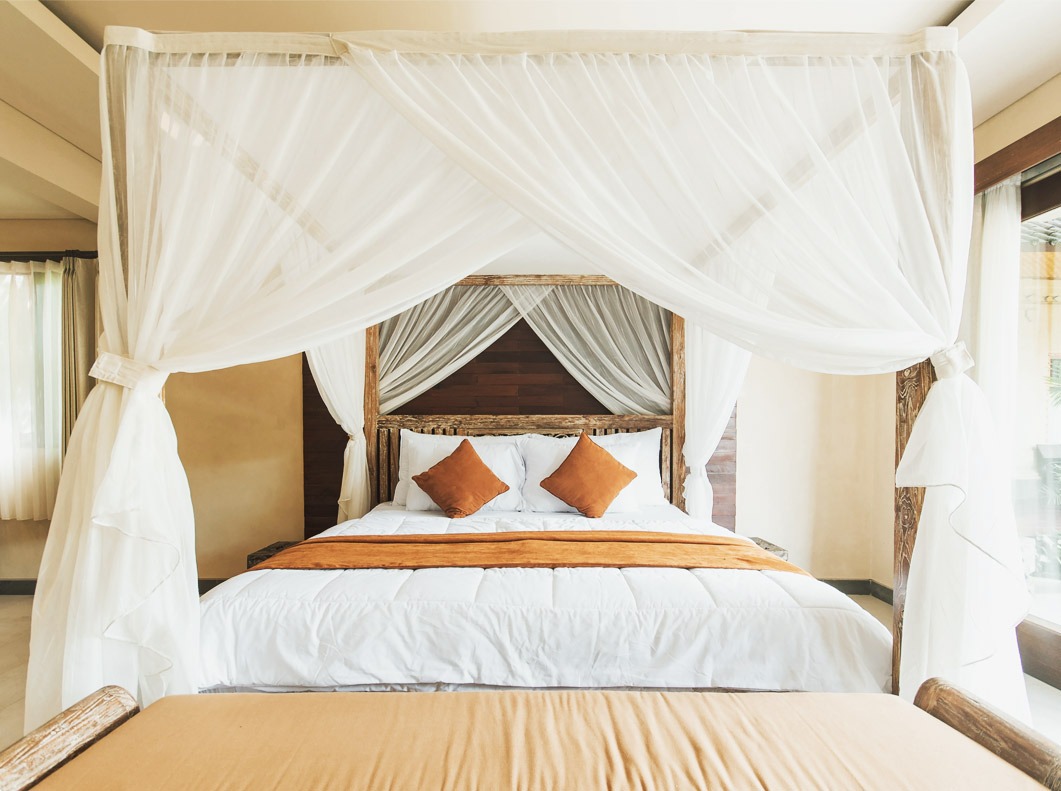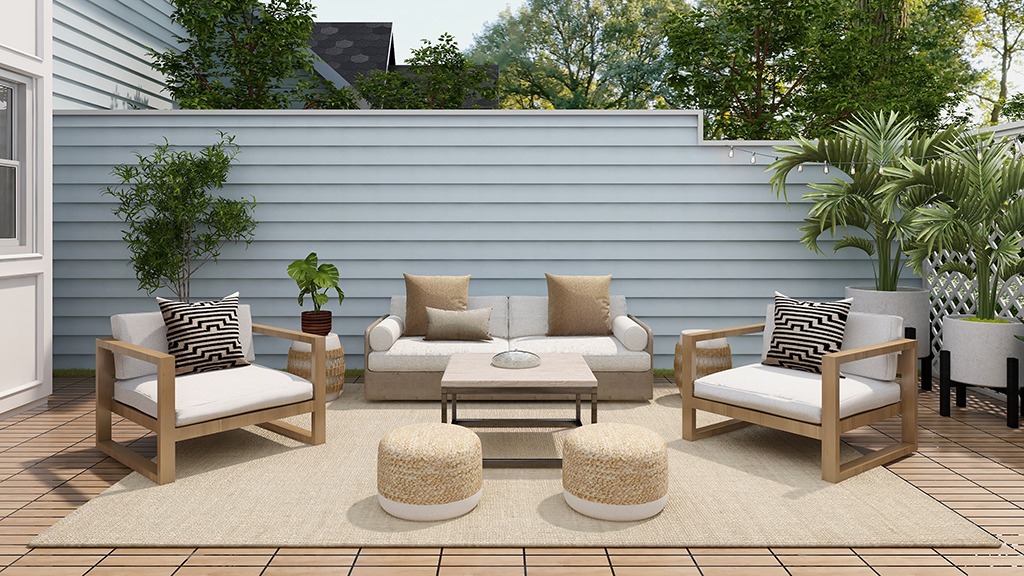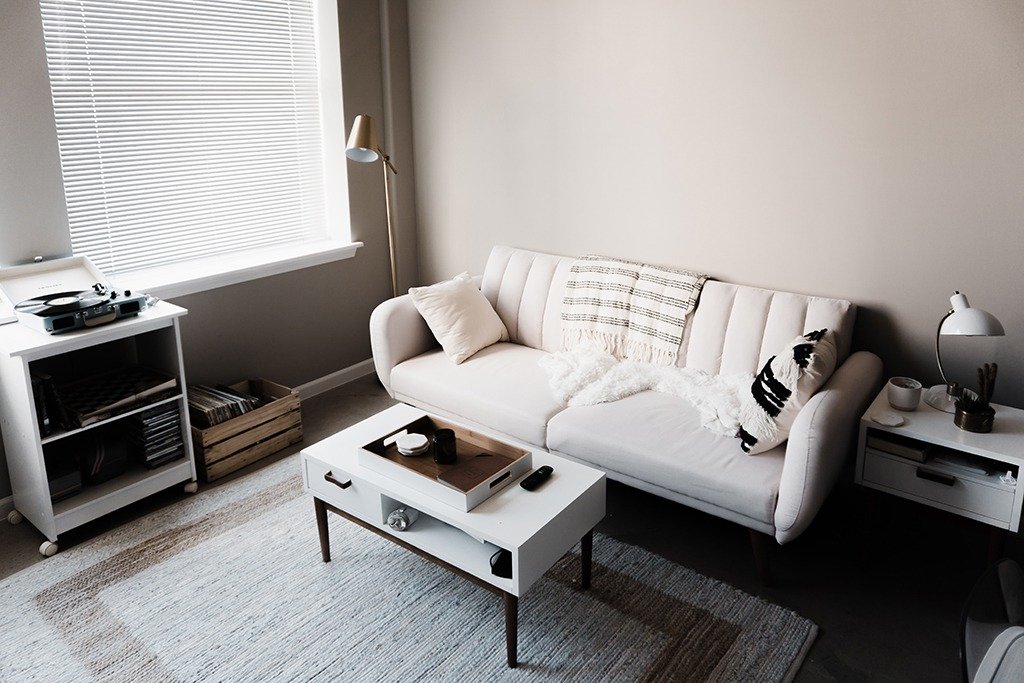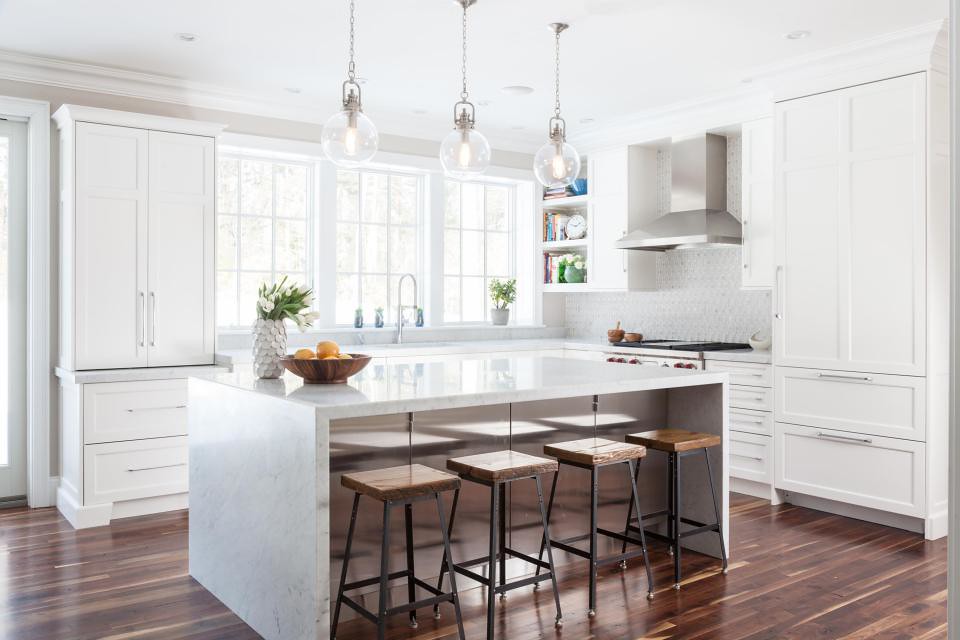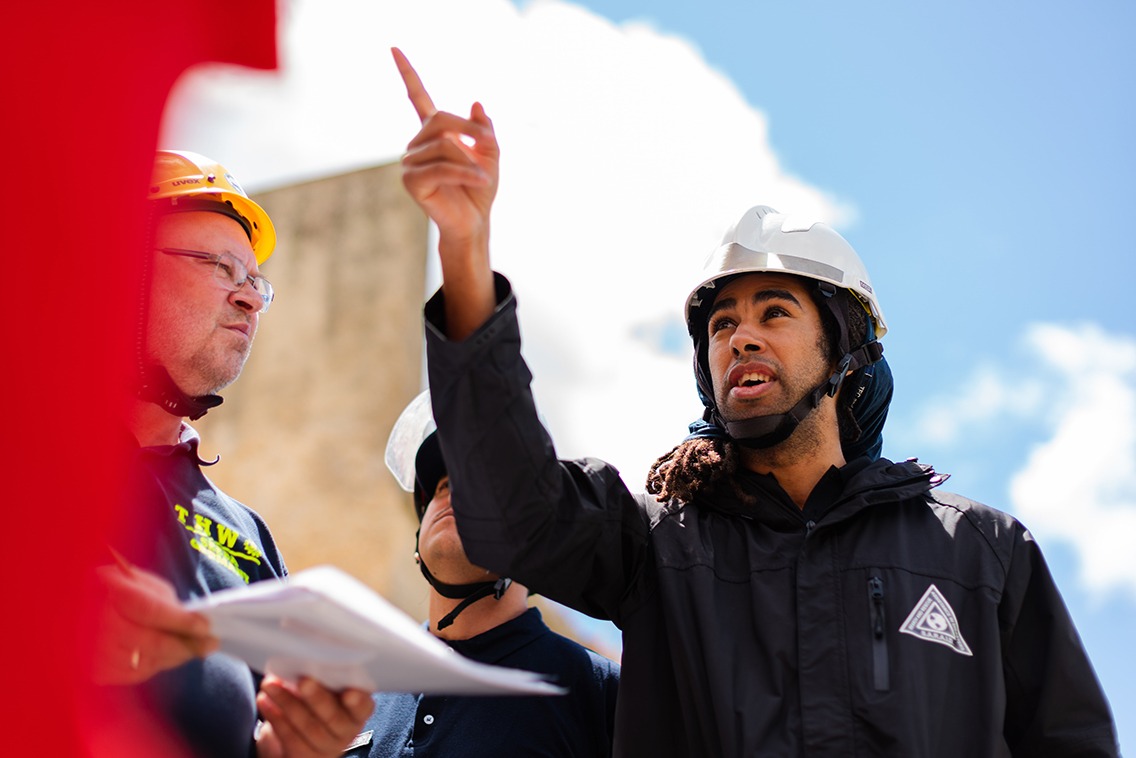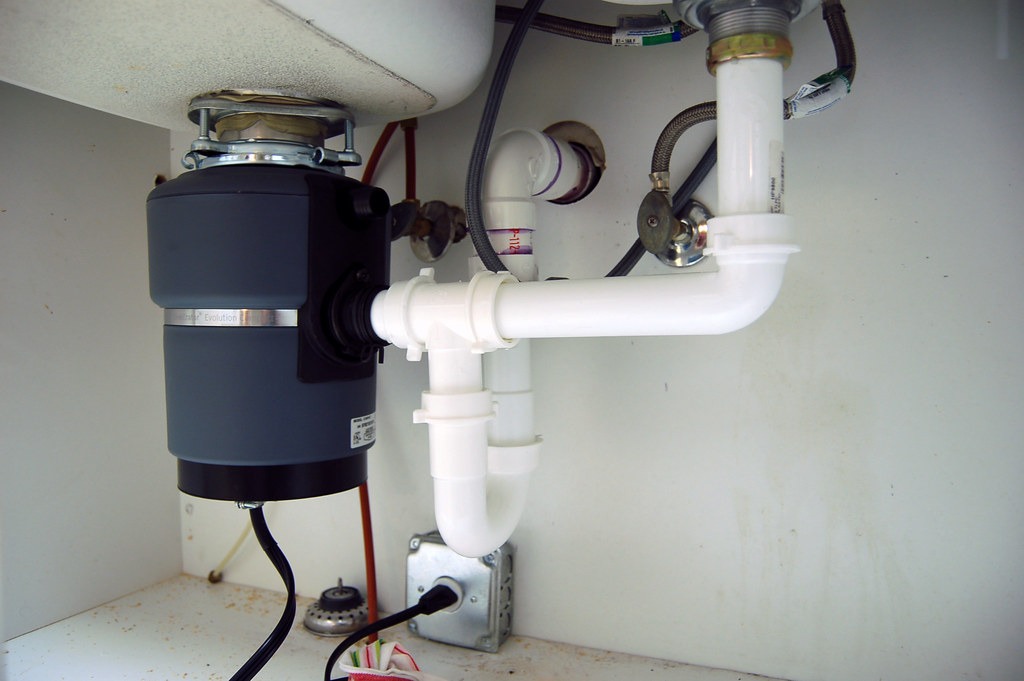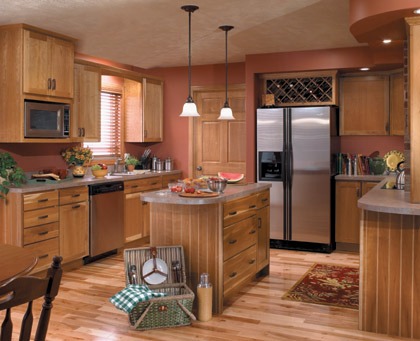For the relative commodities that come with different construction projects, concrete is probably one of the sturdiest materials that you can rely on. Many of the building materials in the world today are reliable, but the most effective material that all homeowners and even businessowners can be sure of. Depending on the kind of applications you intend to use with the concrete, the costs will be calculated in different contrasts. In fact, there are many benefits to using this as a building material. Whether you’re looking to use it for a slab underneath your home or for a wall foundation, homeowners should be wary of the costs that go into such projects.
As the homeowner, you should know the varied ranges that go into each sort of project. The average cost that goes into using concrete can go from $3600 to $18000. At the minimal end, a concrete construction will probably only cost about $700. However, at the maximum end, you can expect the cost to go all the way up to $22000. There are many different jobs that may go into the construction of concrete. Whether it is the delivery, paving, or mixing, there are many varying costs that will apply to homeowners.
Table of Contents
- Concrete Price Per Yard
- Concrete Application Cost
- Concrete Slab Types
- Replacing Concrete Costs
- Reinforcing Concrete Costs
- Concrete Excavation Cost
- Soil Test Cost
- Labor Costs Involving Concrete Construction
- Ready-Mix Concrete Price Per Yard
- Cost Of Concrete Delivery
- Blueprints And Permits That May Be Required
- Depth Of Concrete Foundations
- Find Multiple Estimates Through House Tipster
Ultimately, the estimated ranges that are offered by your professional will determine your overall budget. In some cases, you may even need more than just one specialist on the site. Like any home project, the costs are typically affected by the amount of labor that goes into the construction and the size of the area that your contractor will end up building.
Concrete Price Per Yard
Homeowners should expect an average cost between $36 and $225 per cubic yard for the installation or paving of concrete. The price involved with the alternating jobs that may be required will be affected by the different assortments that may need to be considered. What kind of designs will the professional contractor be handling? What are the materials he’ll need other than concrete?
You have to be able to determine the size of the project as well. Based on the size, your cost ranges will be applied accordingly.
| Size | Estimated Cost Range |
| 55 yards | $1980-$12400 |
| 90 yards | $3240-$20250 |
| 120 yards | $4320-$27000 |
| 165 yards | $5900-$37125 |
| 220 yards | $7900-$49500 |
What will inevitably factor into these costs are the kinds of materials that the concrete will shape or form. The costs that go into concrete foundations, however, will be differentiated compared to the costs that go into concrete footing. Ultimately, what will override these estimates will come from either the thickness, dirt work, materials, radiant heat, grading of the subbase, and the permits and inspections involved.
With certain cases, you’ll see footings can range at an estimated cost from $10 to $15 per linear foot. While concrete block walls will range from $6 to $7 per linear foot. A completed crawl space will probably cost about $16 to $22 per linear foot. So concurrent to this logic, you can see that the numbers below will have an equidistant effect to which materials are being constructed.
| Size | Estimated Range |
| 100 linear feet | $1600-$2200 |
| 125 linear feet | $2000-$2750 |
| 150 linear feet | $2400-$3300 |
| 175 linear feet | $2800-$3850 |
| 200 linear feet | $3200-$4400 |
Although, homeowners should also keep in mind that concrete foundations will ultimately be categorized by different types. These averages range quite differently due to the kinds of pieces being made and the locations that they’re meant to be placed. All these different types of foundations have their own unique purposes and will have costs according to the size and the thickness.

Monolithic Slab
Ranging between $4 to $6 per square foot, the monolithic slabs do not require any walls. This will especially be the case for homes where the ground will not end up freezing and the area is leveled in stable soil. As it is most common for garages, sheds, outbuildings, and some small homes, these slabs will be the favorable option for homeowners looking to build any of these selections.
Your professional will likely know this before he starts on the project, however, you should keep in mind that the edges of this single foundation are usually thicker than the center. You’ll find that these concrete types are not versatile and won’t support every area or space you’re trying to install it in. This will be ill-advised to use when you consider a support piece for your basement. Overall, homeowners should expect to pay about $12000 for the application of a complete monolithic slab foundation.
Slabs For Metal Buildings
Costing about $10 to $14, a concrete paving job for a metal building will probably require the expertise of a structural engineer or general contractor. Calculated by the weight, need for any reinforcements, thickness of concrete, and weather conditions, these slabs will generally find more insights into the cost range by including these factors in mind.
Slabs On Grade
An average that you’d most likely see for the concrete slab on grade will cost about the same as slabs being paved for metal buildings. However, the factors are completely different. The focus will mainly be directed towards the soil type, reinforcements, labor, and materials. Prices for slabs-on-grade will especially be centered upon the foundation types that are mentioned down below.
Stem Wall
Estimated to cost between $5 and $16 per square foot, the stem wall foundation, also referred to as frost walls or T-shaped foundations, will designate crawl spaces. These thicker slabs are most commonly used in areas where the ground will freeze. Typically, you’ll also see a stem wall foundation for locations with misleveled flooring or sloped groundwork.
By placing the footing beneath the frost line, the walls are added, proceeding in the slabs being poured as the final step in its conception. However, the most advantageous aspects of this foundation is how solid they are and the protective benefits that they offer. Homeowners can differentiate the need for stem wall foundations or monolithic slabs by which climate conditions they live in. For colder temperatures, you should consider a stem wall foundation, while for hotter temperatures, you should consider a monolithic slab.
Crawl Space
There are various occasions for you to choose a distinct foundation type. Like the other two types listed above, the concrete crawl space has its own purpose inside a home. You should expect to spend about $7 to $10 per square foot. Ultimately, this is the earthquake-proof foundation that ensures ease for the access to your basement or just the bottom portions of your property.
Frost Protected
If you’re looking for a shallow foundation that will protect your space from frost, this concrete application will most likely end up costing you about $8 to $12 per square foot. What you should notice about this application is that it is similarly compared to slab-on-grade, however, the big difference is its insulation. Since rigid polystyrene is applied directly beneath the foundation, homeowners will, suffice to say, feel that the material is ostensible.
Alaskan Slab
This is the foundation piece that might be more considered as a thicker variant of the slab-on-grade. It’s estimated to cost about $8 to $14 per square foot. With this foundation type, you can easily have depth accomplished into any of your projects by dozens of feet around the footing perimeter. Center of the foundation is typically much thinner than the edge counterparts but it is still considered thicker than your traditional slab-on-grade.
Probably the most effectively designed, the Alaskan slab is normally thick, measuring at about 18 to 20 inches at the outside edges. It also offers insulation on the outside face. It is the design that is most renowned for its northern preferability, in areas that cannot support a full basement space.
Pier and Beam
A foundation that will probably range from $9 to $12 per square foot. This type of foundation is considered one of the older methods for creating crawl spaces. It is an outdated form of foundation compared to the modern foundations that are widely used today. Since not every variant of soils can be used to support this type of foundation, you won’t find it being used often.
One of the many advantages with utilizing the pier and beam foundation is how the chances of your home flooding are typically decreased. This also provides more ease and offers access into plumbing and electrical purposes throughout your project. Relocating the foundation is an extremely versatile aspect as well.
Unfortunately, this foundation type is regarded as an obsolescent method into constructing a property or space. Since there is a lot more room in the crawlspace, the location you want the foundation to be completed will be vulnerable against pests and rodents. Another misfortune that will fall upon you is the insulation. Normally, elevation is involved with this foundation type so once air rises, you’ll see it’s ineffective scope into temperature control.
Basement
Primarily, the foundation will start with the footing, then the walls, then the slabs being poured in as the final step. Similar to how stem wall foundations are made, the basement foundation is constructed with an identical process. Ranging from $10 to $25 per square foot, the contrast between the two can be made by the height of the walls. Possibly, that could translate and result in higher costs being added into the overall prices. A majority of these foundation types will be seen in either northern or eastern regions.
Patio Slab
If what you’re looking for is concrete for your patio, the costs involved will amount to about $2800. The overall prices will be adjusted by a multitude of various factors. Adding together the cost of materials, estimates, and any of the specialized finishes you might be interested in, the range of costs will be converted accordingly.
The estimates might range from $5 to $10 per square foot for the installation, so your professional or specialist will have some serious considerations to make. Your contractor will probably have to carefully think about the thickness of the concrete, the area that is being covered and how much planning needs to be done for the reinforcements.
Shed Slab
For about $6 per square feet, with about 6 inches in depth, a concrete slab can be manufactured and installed for a standard shed inside your home. Other than constructing the actual shed, the slab will most likely be about four inches deep in the location it is intended to be installed. The size will probably determine the cost, and you can actually take a further look at the estimates below.
| Square Feet | Estimated Cost |
| 10x10 | $700 |
| 12x12 | $900 |
| 12x16 | $1300 |
| 20x20 | $2700 |
Keep in mind that the numbers shown above are estimates that will be calculated from the average four inch thickness. If your soil type needs to be denser or thinner, the cost will be adjusted accordingly.
Garage Floor
A concrete slab installation for the flooring of your garage will cost homeowners about $3500. For the standard six inches in depth, this cost is typically what you’d expect for the flooring installation of a double car garage. Additionally, the range will probably be between $1500 to $3000 for an epoxy coating.
Driveway Concrete Work
Paving concrete for a driveway will probably cost you around $3000. Ranging from $1800 to $6000, the overall cost will depend on the size, amount of materials, and any additional work that may be required.
Parking Slab
Whether you need a concrete pad for parking your RV or for any additional vehicles, the estimated range will go from either $1200 to $4000. Thickness will probably measure up to six inches deep. And if there are any changes that need to be made to any existing concrete, this cost might, in fact, elevate.
Mobile Home Slab
Like any home that needs to have a strong enough foundation, even mobile homes will need a concrete slab. Homeowners shouldn’t be surprised to understand that all living conditions are required to maintain a support system. Costing about $7 per square foot, paving a concrete slab for your mobile home will probably depend on how big your mobile home is.
Concrete Application Cost
There are several uses and applications that concrete will provide the average homeowner. Considering the kind of application that will be used for these slabs, the range of costs will differentiate. Homeowners should also keep in mind the costs that go into the thickness of the concrete that is being paved.
| Thickness | Estimated Labor Cost Per Sq Ft |
| 2 inches | $4.55 per sq ft |
| 4 inches | $5.35 per sq ft |
| 5 inches | $5.80 per sq ft |
| 6 inches | $6.20 per sq ft |
| 8 inches | $7 per sq ft |
Strength
Concrete is a material that requires compression, strength that should not capitulate against the weight of the presumptuous project. As such, the building material is translated and gauged by pounds per square inch. Ranging between 1800 and 5000 psi in strength, concrete projects for household or business properties will require the mentioned psi above, depending on what kind of work that needs to be done.
| PSI | Recommended Areas |
| 2500 | Floors, driveways, sidewalks, walkways |
| 3000 | Floor slabs, foundations, beams or footing, construction |
| 4000 | High-performance traffic areas, commercial areas, pavement areas |
| 5000 | Custom construction areas, high impact |
Grading
If you’re starting a project with concrete, it will require you to assess which kinds of grading work you’ll need overall. Mainly referring to the prepwork that your project’s substrate will need before the other processes can begin, grading will be the simple leveling of your surface. In some cases, structural integrity is involved, so the price will be calculated with certain professionals.
Depending on the application of the aggregates involved with the grades, you can expect to spend about $1200 to $3700 for large projects. This is a necessary and crucial step in paving concrete because it ensures your project from being ruined by improper water drainage. If grading isn’t done or properly accomplished, homeowners will encounter bigger issues with cracks and likened blemishes.
Subbase
Also known as the subgrade, this installation is done to compact other aggregates other than concrete so that the materials don’t move around or shift. This is done so that once the foundation is being paved, there will be more stability and better performance for the concrete to work. Homeowners should expect the range from $10 to $20 per cubic yard.
Thickness
Directly correlating with the soil type, the thickness of your concrete is what will determine the system required to maintain the concrete. Homeowners should consider the weight that typically transitions into the support of the thickness of the material. The reason as to why thickness is such an important factor into concrete construction is because of the depth that the area will require. It is exactly what keeps the gaps bridged over, undeterred by the soil, keeping any materials from bending.
Design
Performance is the name of this game, and it’s the structure that is what keeps the integrity of the concrete. It is not as complex as many others might suppose. Ranging between the estimates between $2 and $18 per square foot, the work on the concrete design will provide both the physical appearance and the practicality of each one. Costs that are associated with these designs will ultimately determine the appeal that the design brings in.
| Design | Estimated Range Per Square Foot |
| Basic Stains | $2-$5 |
| Ordinary Stamped | $8-$12 |
| Distinguished | $12-$18 |
| Stenciling, etc. | $15 or more |
The contractor or the professional that you decide to hire will ultimately offer you a selection in several palettes, stenciling options, and border designs. Functionality also remains to be a pivotal factor into the construction projects that involve concrete. In certain cases, the borders of your slabs may need to be thicker than required.
Concrete Slab Types
There are many various types of slabs that will have their own benefits and qualities for the circumstances that they’re being used for. A modern concrete slab is the one that is most commonly used. It isn’t an obligation to utilize any other concrete slab type if you aren’t looking to add extravagance for your projects.
High-strength concrete provides a capacity of over 6000 psi. Mainly for commercial purposes, this slab type will typically be the choice for any high-rise structures. Primarily used for building tunnels, bridges, and commercial pavements, high-performance concrete will have the similar construction applications as high-strength concrete.
Most routinely used for decorative and ornamental purposes, the stamped concrete is paved to give your project the brick-like, or stone-like appearance. You’ll see these kinds of concrete being used to build patios, sidewalks, or driveways. Homeowners opt for this material because it is a less inexpensive option than the natural stone options that will result in higher costs. Self-consolidating concrete will be the material that will entirely dull out vibrations. This type of concrete will be focused on restricted or hard-to-reach areas.
Glass concrete is more of a material that endorses social conscientiousness. Since it is a material that recycles glass as an aggregate, it essentially enhances the visual appeal in concrete. A practical material, the asphalt concrete is a much quickening agent when it comes to construction. However, it is mainly used for commercial purposes.
The more pragmatic approach into construction projects, the permeable concrete is a building material that enables contractors to allow water to somewhat circulate throughout the areas. It is also a concrete alternative to use in areas with storm drains. It’s a very conformable mix of aggregates that maintain a highly porous structure, consisting less sand in contrast to other paving materials.
Replacing Concrete Costs
Although concrete is complicated to remove, making replacements are more than possible. However, homeowners should expect to potentially pay an estimated range between $20000 and $100000. You have to remember that this cost range is considered from many different points and factors that will ultimately alter the overall price of making the necessary replacements. As a reminder, homeowners should keep in mind that lifting the existing area atop the concrete will cost about $30000 to $70000.
Reinforcing Concrete Costs
All homeowners with construction associated with concrete should understand all the factors that go into the reinforcement options. Wire mesh, which keeps the concrete form in shape, will cost between $0.15 to $0.35 per square foot. Other than wire mesh, homeowners will probably expect to use vapor barriers to ensure that moisture stays out of the concrete pouring process. Most likely, vapor barrier will cost about $0.50 per square foot.
| Reinforcement Type | Cost Per Square Foot |
| Wire Mesh | $0.15-$0.35 |
| Styrofoam | $0.50 |
| Vapor Barrier | $0.50 |
Concrete Excavation Cost
Any existing area or location that has concrete already either paved or installed into it will require an excavation or some sort of soil work to be executed. For this part of the process, you’ll probably want to hire either a subcontractor or a land excavation company for the job to be done.
Costing at a range between $1500 and $5300, your professional will be responsible for removing any obstructions in the surrounding area. Whether it’s to remove trees, to dig, or to grade the land again, you’ll want the right professional for the job. For these kinds of jobs, there is a need for professionals to operate particular equipment, tools, and hardware.
Soil Test Cost
Similar to how an inspection is required for a home improvement project to begin, a soil test will be necessary for the weight capacity of the concrete to be supported. The price of such a test will probably be about $700 and can go all the way up to $5000, if there are any major issues or complications. Homeowners should know that should the soil be too soft or should it have too much hydrogen, the result might be that your construction project will become too unstable.
There are instances where a test can detect many different types of contaminants, pH levels, petroleum products or solvents. In which case, the expected cost will probably be at the higher end of the range that is mentioned above. Particularly, what professionals will look for and want to remove most in the case of constructing a concrete foundation will probably be clay-based soils.
Labor Costs Involving Concrete Construction
Aside from all the estimates that are calculated from the materials of the construction projects, you should notify yourself of how much you might have to spend for the professional rates. Homeowners should keep in mind that the average hourly rate to spend for professional assistance will probably equate to about $45 per hour. To closely evaluate the cost, you can determine that the estimates will go from $2.50 to $2.60 per square foot.
For the labor involving the pouring of concrete foundations, the cost will probably range between $2 and $10 per square foot. Whether it is for residential or commercial purposes, homeowners should know that professional rates to operate an 80-ton crane will cost either $240 per hour or $20 per cubic yard.

Ready-Mix Concrete Price Per Yard
Costs involving ready-mix concrete will be associated with how large the project will inevitably be. If you’re looking to work on smaller projects, repairs, or simply installing a step or flagpole, you shouldn’t expect to spend too much. However, if there is a need to have the concrete delivered and professionally mixed, the costs will look exorbitantly different.
On average, concrete that needs to be professionally delivered and mixed before the paving process can begin will probably range between $110 to about $210. Not to mention the fact that this number can be altered by numerous accounts. If homeowners want better insight, there is a calculating formula to consider that contractors will use for the estimate. Take the square footage or the total size of your project, multiply it by the depth or thickness of the concrete and divide by the according cubic feet in the estimated yards. This equation can offer a bit more discernment into the cost you’ll probably be encountering.
| Pre-Mix Type | Estimated Cost Per Bag | Size |
| Light-weight concrete | $5 | 50 lbs |
| Fast setting concrete | $5 | 50 lbs |
| Mortar mix | $6 | 60 lbs |
| High early strength cement | $7 | 80 lbs |
| Portland cement I and II | $12 | 94 lbs |
| Masonry cement | $12 | 70 lbs |
| Plastic cement | $12 | 94 lbs |
| White cement | $27 | 94 lbs |
Every premix with the size that accompanies each bag yields a different capacity for the paving job associated. A 50-pound bag of premix will cover about .014 cubic yards, while a 60-pound bag will cover about .017 cubic yards. Lastly, a 90-pound bag of premix will probably cover about .025 cubic yards for a concrete construction project. The closely related projects for these easy and simple to use materials are common for fence posts, mailboxes, flagpoles, and small repairs.
Cost Of Concrete Delivery
Making transportations to your home or expected location will have many other methods and costs associated with the process. Depending on the estimates or the contractors that you’ll hire, you will probably confront a fee or rate applied to the overall costs. Essentially, homeowners will have the services of a truck and mixer close to the project. The capacity and size for a truck to transport concrete is about ten cubic yards.
You can expect about $119 to $147 per cubic yard being delivered. Keep in mind, additional fees will apply if the company you’ve hired has a minimum applied to their services. Most certainly, homeowners should expect to receive a crew of five specialists to assist in forming and pouring in about 40 to 50 cubic yards of concrete. So if you have a necessity for that amount of concrete for a particular project, you’ll require more than an hour to an hour and half for the typical truckload.
Blueprints And Permits That May Be Required
Every construction project of any proportion will require the right paperwork when it comes to planning and changing the property or space. It grants authorization, but more importantly, reassurance that any and all danger or hazard shall be met with proper safety standards, codes, and guidelines. A project that involves constructing a whole new area will probably range from $1000 to $2000 for the permits to be accepted. Normally, you'd want to find out whether you require permits or certification for a project, however, in the case of concrete, you'll most likely require the documentation involved.
Depth Of Concrete Foundations
Homeowners should keep in mind that costs can potentially accumulate when the depth of the foundation goes deeper than the average. We’ve mentioned all of the labor and work that goes into the soil and prepwork. This is precisely the reason as to why you’ll encounter higher prices to pave and install a basement, in contrast to the shallow expectations of a crawlspace.
Shallow depths will range between $4 and $14, while the deeper depths will probably range between $10 to $25 for the average. A majority of these costs will also be calculated by the soil type, and the levels in groundwater and frost. Professionals will probably have to handle even more work to dig deeper into the area of the intended project.
If what you’re initially looking to construct is a home, you should ask yourself whether you wish to build a full basement or not. Since there is a whole array of foundation options available, homeowners need to carefully consider which construction alternatives are best suited for their properties.
Find Multiple Estimates Through House Tipster
There are several incidents to overcome and dozens of tasks to accomplish when in the forefront of handling a home construction project. Any concrete-related projects that you’ve been holding off can be quickly finished with the right set of hands to help you. By using House Tipster, you can check off the preferences that you’re looking for in a professional or specialist related to the field.
Do you want affordability, professionalism, or both? With our chat messaging system and our reviews feature, you can find exactly the correct fit in all the things you’d hope for in a home improvement specialist. Homeowners will be able to directly correspond all their needs and wants to the professional, effectively communicating inquiries and information.
Featured Image By sludgegulper On Flickr




